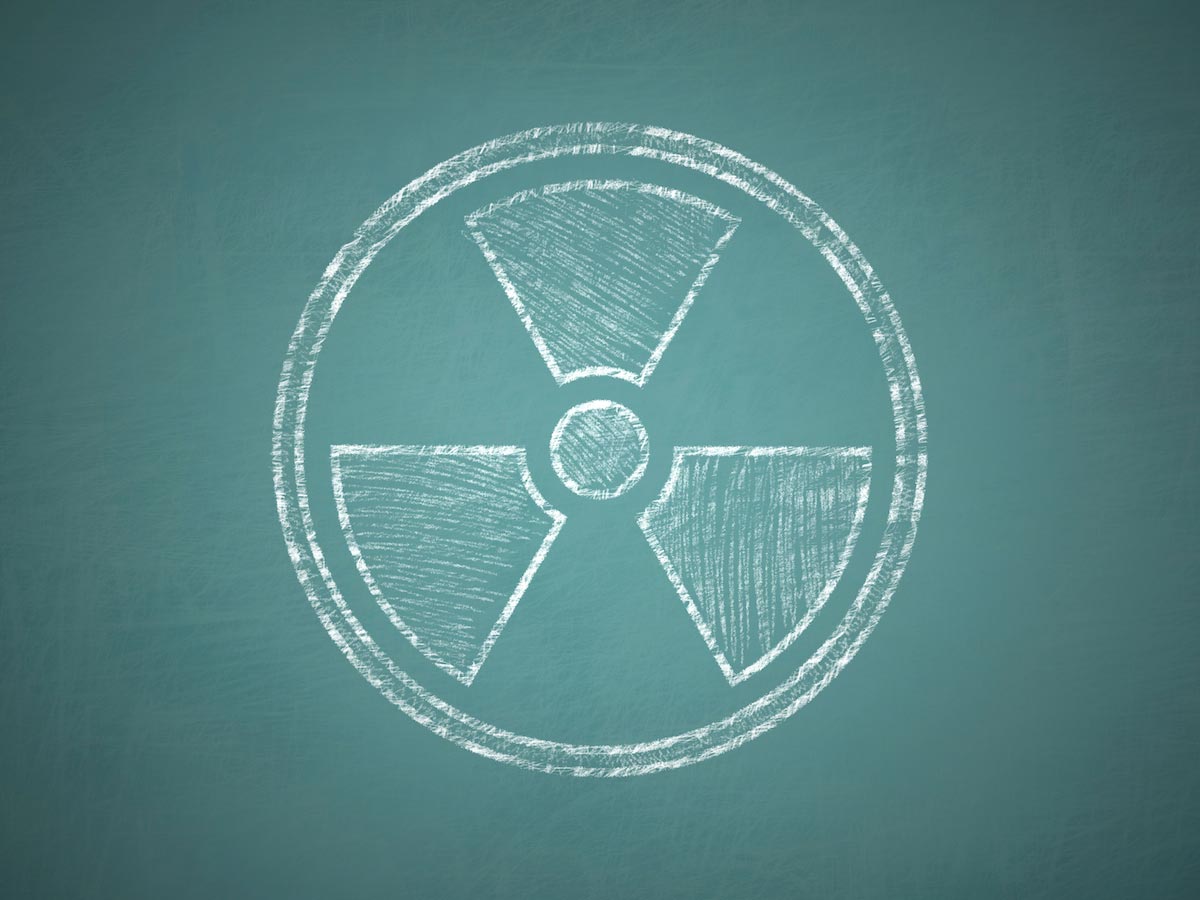
U.S. nuclear capacity expected to increase by 2020, despite closures
The nuclear capacity of the United States isn’t expected to wane any time soon. According to the US Energy Information Administration (EIA), the nuclear capacity in the United States should increase between 2016 and 2020, despite the scheduled closure of more than 2,000 megawatts (MW) of nuclear generating capacity by 2019. Entergy Corp. announced in Read More

Researchers develop glass material which can filter radiation from toxic water in Fukushima
The Fukushima Daiichi power plant has bled hundreds of tons of radioactive material into the air and sea. One of the great challenges of the Tokyo Electric Power Company (TEPCO) is figuring out how to contain the nuclear waste flooding the ocean each day. Now, researchers believe they have found a solution to this dilemma — Read More

Prime Minister Malcolm Turnbull wants to turn Australia into a nuclear wasteland for other countries
Prime Minister Malcolm Turnbull feels cautious, but is at the same time open to the idea of a nuclear fuel leasing industry in Australia. The industry would consist of leasing fuel rods to other countries, and then storing the waste afterwards. In other words, Australia would become a nuclear junkyard that other countries could use to Read More

Cancer rates at Fukushima worse than Chernobyl
The Fukushima Daiichi meltdown was the worst nuclear catastrophe since Chernobyl. While the Chernobyl disaster was worse than the Fukushima disaster in several respects, recent evidence suggests cancer rates from the latter debacle trump the former. Just this month, the Japanese government made its first admission that radiation exposure caused a worker to develop cancer, following Read More

Nearly a million cancer diagnoses to follow post-Fukushima disaster, according to new study
A recent report published in the Fairewinds Energy Education (FEE), titled “Cancer on the Rise in Post-Fukushima Japan,” estimates there will be about a million cancer diagnoses in Japan due to the Fukushima disaster. According to the new report, given the data collected by esteemed Japanese medical professionals and the Tokyo Electric Power Company (TEPCO), there will be Read More

How the Fukushima disaster went from bad, to worse, to cursed
The idea behind synergy is that when two bad things happen, a third event, even worse than the previous two events combined, follows. It has the faint undertones of Murphy’s Law, which states that anything that can go wrong, will go wrong. These abstract maxims turned into concrete realities at the Fukushima Power Plant, where conditions Read More

Multiple studies confirm exposure to low levels of radiation can cause cancer
The World Health Organization (WHO) has confirmed what Fukushima Watch has been reporting for quite some time now — namely, that exposure to low doses of radiation overtime increases the risk of cancer. The results of the study, published in the prestigious British Medical Journal (BMI), provide “direct evidence about cancer risks after protracted exposures Read More

Surgery could be a death sentence for cancer-afflicted children in Fukushima — more so than the cancer itself
Opinions about the threat of cancer-causing radiation have communities divided in the Fukushima Prefecture. Conflicting reports have led to an onslaught of diverging viewpoints. The stakes are high, and no one knows what to believe in anymore. After a tsunami demolished three nuclear reactors at the Fukushima Daiichi site, a plume of radioactive debris was Read More

Radiation levels peak at Fukushima power plant
More than four years after the Fukushima disaster, radiation levels in the area still continue to spike. The Tokyo Electric Power Company (TEPCO), the company in charge of the power plant, announced Thursday that radiation levels as high as 9.4 sieverts per hour were detected outside a reactor containment vessel at the Fukushima No. 1 Read More

Nearly 40% of Fukushima evacuees exposed to maximum radiation dose
Almost 40 percent of Self-Defense Force troops, firefighters and police officers were exposed to radiation above the annual public limit of 1 millisievert during the Fukushima crisis in 2011, the Japanese government announced Monday. The Cabinet Office reviewed 2,967 personnel who helped residents evacuate living within a 20 kilometer radius of the Fukushima Daiichi power Read More